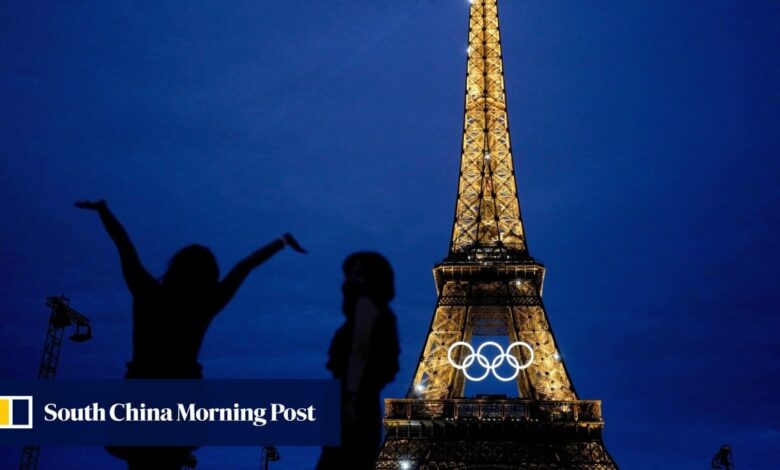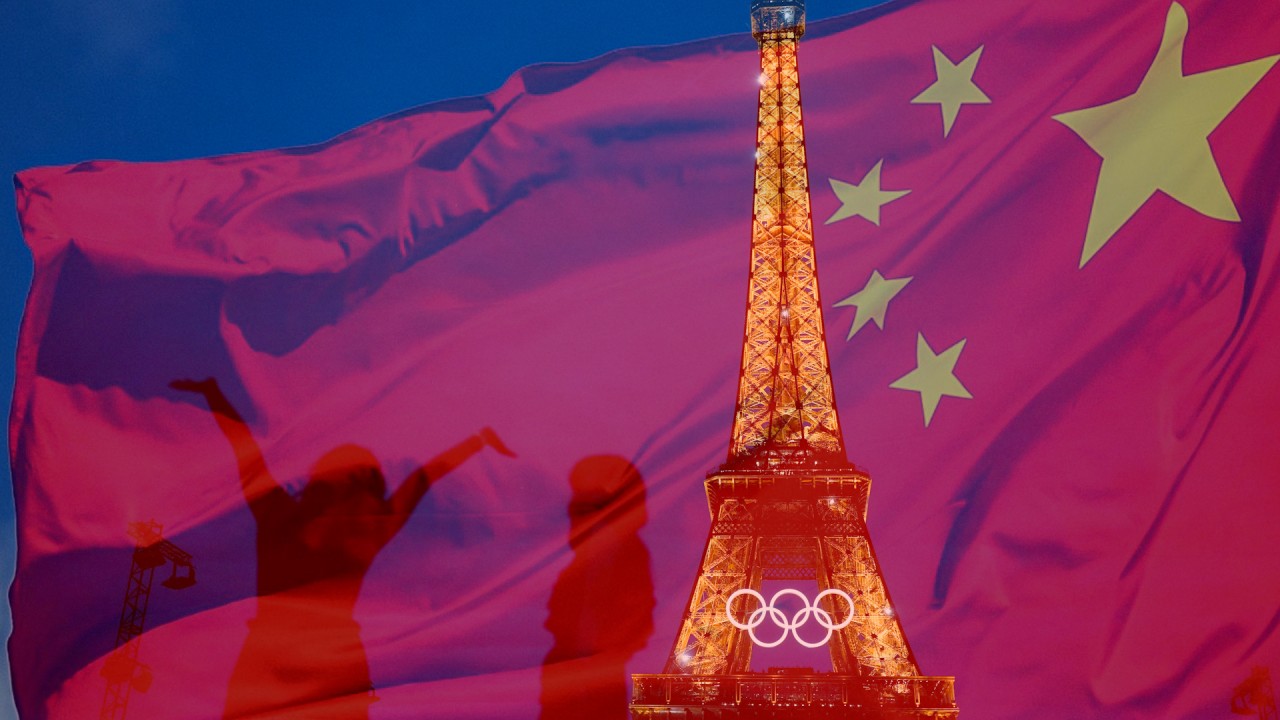Chinese brands enter Olympics marketing ring, vying for gold on global stage

Tencent Marketing Insight has estimated 62 per cent of global television audiences will watch these Olympics, and data collected since 2000 indicates a cumulative 2 billion people have watched the Games at some point during the intervening years.
“Smaller brands that don’t have [large] budgets or want to do something more creative … have cleverly created buzz through pop-ups,” said Jiang Yaling, founder of research and strategy consultancy ApertureChina.
“They are using content created in Paris to showcase their international [status] to domestic audiences.”
The company – which widened its international footprint last year with new stores in the US, UK, Australia and Canada – has unveiled Olympic-themed packaging, badges and tea bowls to coincide with the high-profile sporting event.
It also set up a “tea room” for viewing the Games on Rue Breguet in the 11th arrondissement of Paris, one of Europe’s most densely populated urban districts. The area is home to a large population of young adults, a key demographic for marketers.
Chagee, another Chinese tea brand with 100 overseas shops, opened a tea bar in front of the Gare Saint-Lazare railway station in Paris on July 22. The company said it attracted nearly 2,000 visitors from across the world on the first day.
The company told Chinese media that it will continue to organise activities in Paris to showcase “the richness of Chinese culture” to the world, mentioning pitch-pot and cuju, traditional games of skill which hold some resemblance to Olympic sports.
Chinese brands seek opportunities to establish themselves … as alternatives to global consumers
Beijing-based Luckin Coffee, meanwhile, has taken a similar approach to its Olympics marketing as Heytea, launching special paper cup designs featuring the Arc de Triomphe, the Eiffel Tower and the Louvre.
“This can be attributed to various factors, including the at times 100-year head-start of Western brands and trillions in spending,” he said.
“Thus, Chinese brands seek opportunities to establish themselves on even ground as viable, emotional and functional alternatives to global consumers, equally impacting their brand image at home.”
Besides drinks companies, cosmetics retailer Maogeping has stepped into the marketing arena as the official beauty partner for the Chinese national team at the Olympics, providing kits for athletes with items like powder, eyeshadow and lipstick.
Even with this in mind, Rach said, “brand exposure works in the long run” to build a connection with consumers, particularly sporting events which allow companies to seize on “emotionally charged” moments to cement themselves in the minds of audiences.
Joyce Lin, a college student in Guangzhou, said that she and her classmates are looking forward to seeing what beauty products and trainers Chinese athletes will use. She expressed interest in purchasing products showcased at the Games, especially those “young people like.”
The Chinese brands shown in Paris during the Olympics, she said, will increase their visibility in the minds of young domestic consumers and be seen as more international.
Source link




